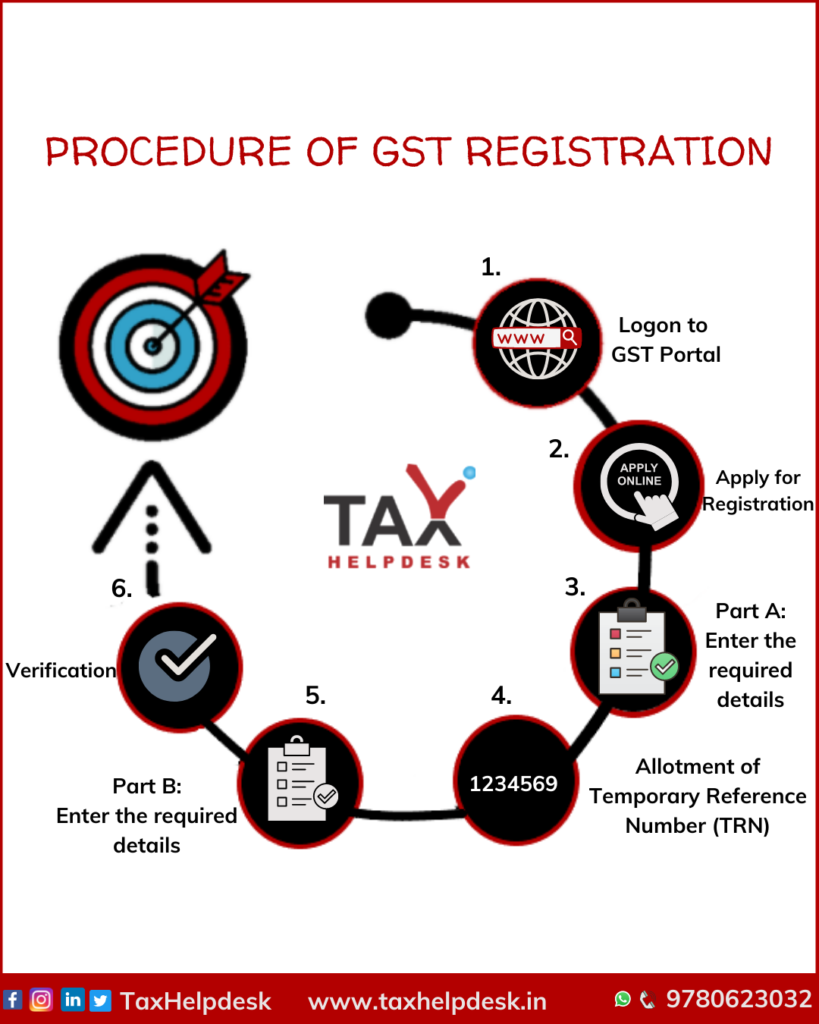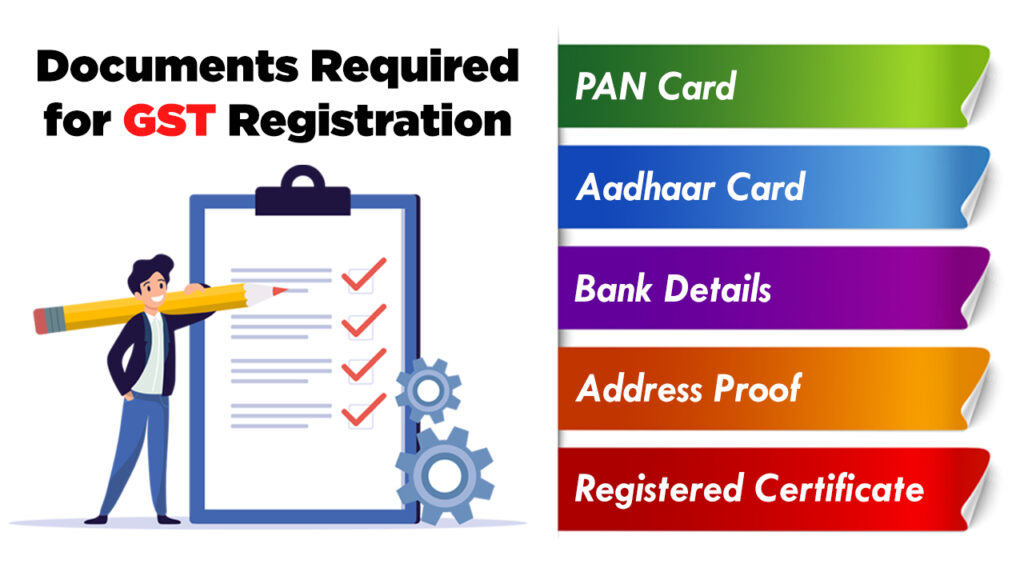Important Overview to Singapore GST Registration for New Services
Important Overview to Singapore GST Registration for New Services
Blog Article
Maximizing Tax Performance: Professional Tips on Browsing the GST Enrollment Puzzle for Little Services
Browsing the detailed landscape of Goods and Provider Tax Obligation (GST) registration can be a labyrinthine task for small companies aiming to optimize their tax efficiency. Understanding the qualification requirements, meticulous documents needs, tactical timing considerations, and proficient registration process suggestions can significantly affect a company's financial standing. Conformity with GST laws is paramount, and adhering to best techniques can improve procedures and avoid potential risks. In this conversation, we will check out professional insights and workable advice that can equip small companies to browse the GST registration labyrinth effectively and enhance their tax obligation performance.
Eligibility Standards
Eligibility needs for Small Business GST Registration incorporate details requirements that services must satisfy to comply with tax obligation guidelines. To qualify for GST enrollment, a service should have an annual turnover surpassing the limit set by the tax obligation authorities, which differs by country.

Documentation Requirements
To efficiently finish the process of GST enrollment, tiny services need to ensure they have all required paperwork in order. The called for documentation commonly includes evidence of company registration or address, incorporation and identity evidence of the organization owner, photographs, savings account details, and evidence of the major location of company. Furthermore, companies need to supply details of their company activities, consisting of the services or products provided. It is important to make sure that all papers are exact, up to date, and in the defined format to avoid hold-ups or beings rejected throughout the enrollment process.
Maintaining all needed documents arranged and easily easily accessible can simplify the enrollment process and help companies conform with the needs effectively. Precise interest to detail and adherence to the documentation standards are important for an effective GST enrollment procedure for little companies.
Timing Considerations
Considering the important documents needs have been thoroughly dealt with, the next critical element for local business starting the GST registration process is the critical monitoring of timing factors to consider. Timing plays a critical role in GST enrollment, influencing not just compliance but additionally monetary facets of the business. Local business need to meticulously intend the timing of their GST enrollment to make best use of advantages and decrease possible dangers.

In addition, companies should line up the timing of their GST enrollment with their operational readiness. Appropriate prep work, such as upgrading accountancy systems and training personnel, is necessary to perfectly incorporate GST demands right into everyday operations. By purposefully managing timing considerations, small companies can navigate the GST registration process effectively and optimize their tax obligation performance.
Enrollment Process Tips
Successfully browsing the GST registration process requires small companies to apply tactical and proactive enrollment process suggestions. One vital idea is to guarantee all needed documents are readily available prior company website to starting the registration procedure. This includes company registration records, evidence of address, financial institution declarations, and recognition proofs of the service proprietors. Validating the precision of the info offered is just as vital to stop hold-ups or denials.
In addition, recognizing the thresholds and demands for GST registration based upon the specific state or area where the service runs is necessary. Some states have various turn over limits that set off obligatory enrollment, so being educated concerning these thresholds can assist services prepare in advance.
One more beneficial idea is to consider seeking expert aid from accountants or tax obligation specialists who concentrate on GST registration. Their knowledge can enhance the process, minimize errors, and ensure compliance with all regulations.
Compliance Finest Practices
Little services should focus on conformity to avoid penalties and maintain a great standing with tax obligation authorities. Little company proprietors ought to on a regular basis assess government standards and seek specialist suggestions if required to guarantee they are satisfying all demands. By incorporating these compliance best practices into their operations, small organizations can navigate the intricacies of GST enrollment with self-confidence and efficiency.
Final Thought
To conclude, tiny companies can navigate the GST registration labyrinth by ensuring they satisfy eligibility criteria, collect needed documentation, consider timing ramifications, comply with registration process pointers, and comply with conformity finest practices. By maximizing tax efficiency through appropriate GST registration, companies can enhance their economic monitoring and operations.
Browsing the intricate landscape of Item and Provider Tax (GST) enrollment can be a labyrinthine job for small services intending to maximize their tax performance.Eligibility needs for get more Small Service GST Enrollment encompass specific standards that companies must meet to comply with tax obligation guidelines. The required documentation typically consists of proof of company enrollment or address, identity and consolidation proofs of the company owner, photos, financial institution account details, and evidence of the principal area of organization. Additionally, companies need to supply information of their company tasks, consisting of the items or solutions supplied.Efficiently browsing the GST enrollment procedure needs tiny companies to implement aggressive and calculated enrollment process this link pointers.
Report this page